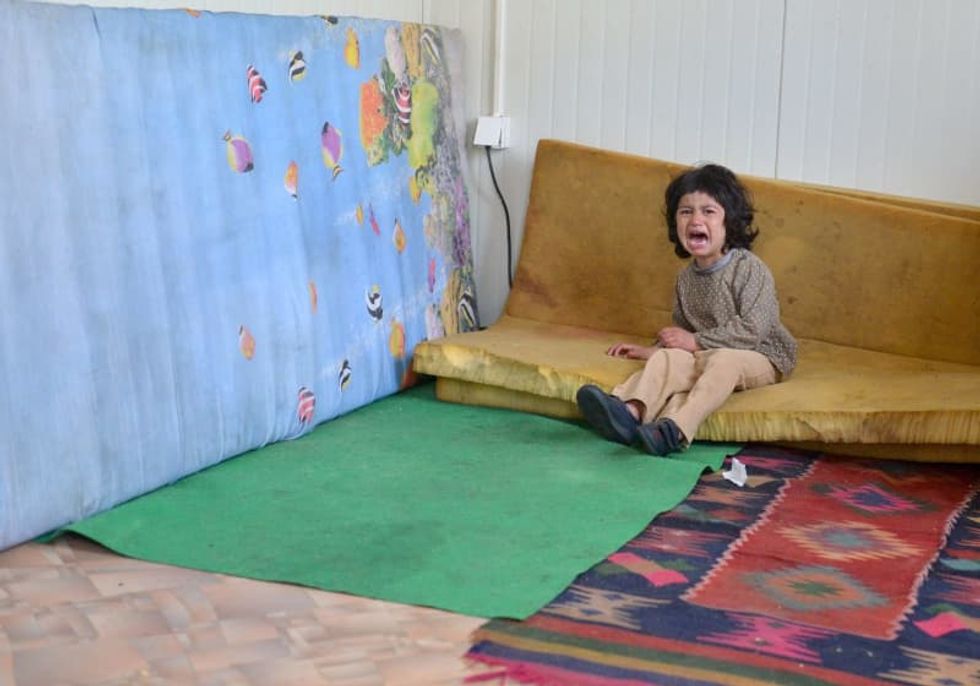
Abusive parents, divorce, estrangement, early introduction to to drugs and alcohol: Any of all of these contribute to a tough childhood, which in turn can cause premature aging and relatively poor health later in life.
A team of US academics undertook a study of almost 900 people over two decades and found "adverse childhood experiences" to be associated with age acceleration.
The study used data - starting from 1985, taken with participants’ consent - from the US Coronary Artery Risk Development in Young Adults (CARDIA) study, which entailed eight follow-up assessments until 2016.
Participants were asked whether they had in their own eyes been subjected to various forms of negligence, physical violence, household substance abuse, verbal and emotional abuse or household dysfunction.
The researchers, who were led by Lifang Hou and Brian Joyce of Northwestwern University’s medical school, came to their conclusions after controlling for demographics, behaviour and socio-economic status.
Published by the American Medical Association’s JAMA Open Network, the study followed what it said were previous findings showing individuals with a high burden of adverse childhood experiences to be "more likely to engage in risky health behaviors" which can be in turn "associated with various age-related health outcomes."
Meanwhile research published recently in the British Medical Journal suggested that babies who were breastfed and cuddled by their mothers did better in exams as teenagers.





